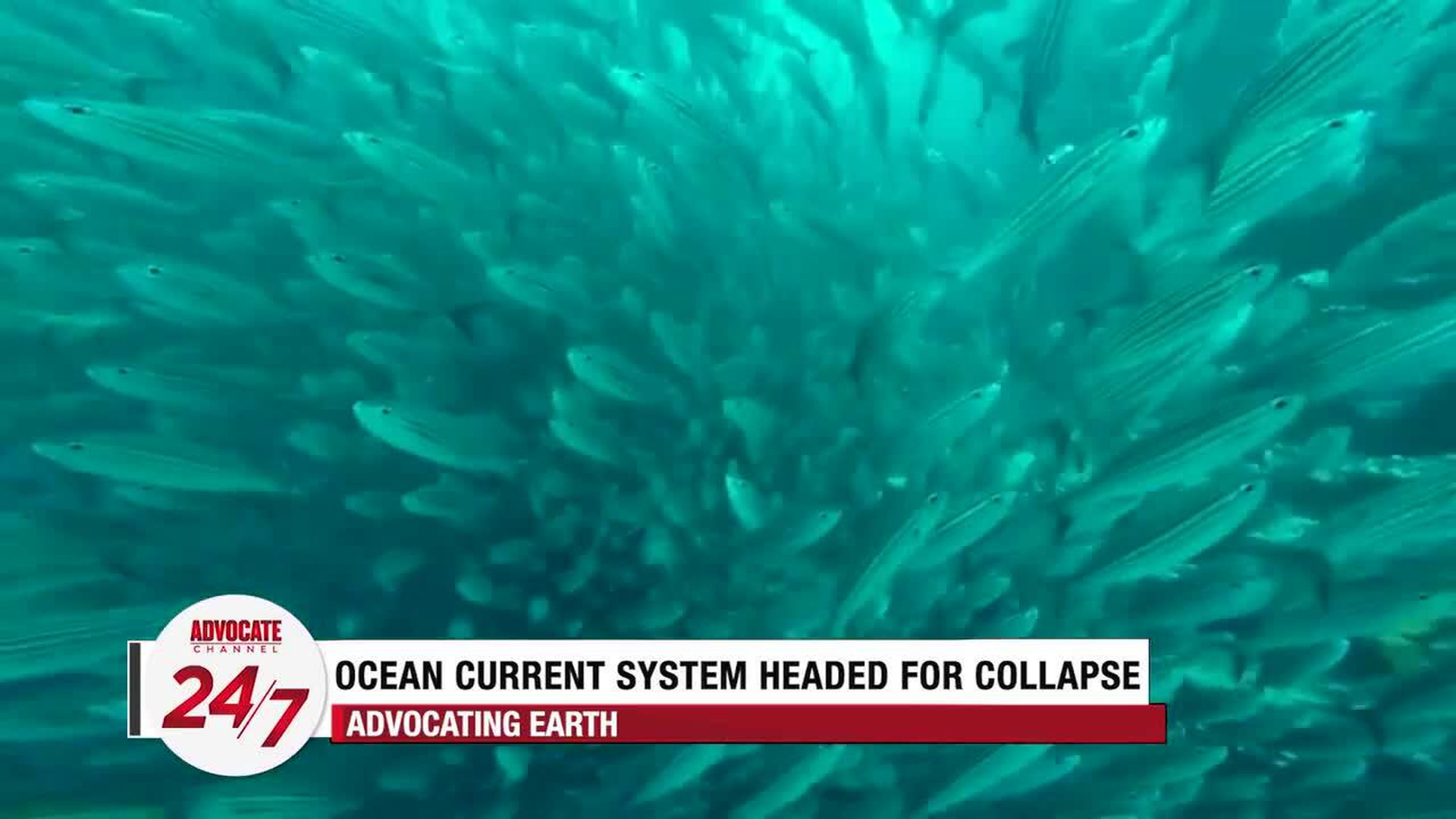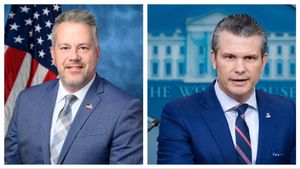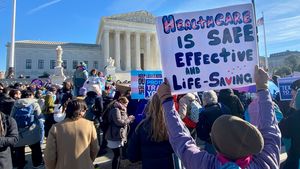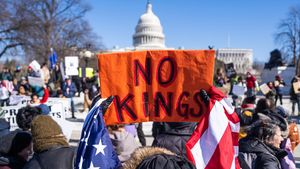Republicans may be the least likely to believe in the effects of climate change, but they could be forced to change their tune as their areas disproportionately face the effects.
According to a new paper published in the journal Political Science & Politics, Republican areas are more likely to experience the most serious effects of climate change — including flooding and wildfires.
Climate change is impacting the ocean

By comparing maps of climate risk with county voting records, researchers found that Republican counties have higher percentages of properties at severe or extreme risk from flooding and fire over the next 30 years. This may "inspire partisan voters to demand political action by their elected officials," according to the report.
“The evidence is thin that exposure to climate impacts has any long-term effect on attitudes about climate change,” co-author Megan Mullin, professor of public policy at the University of California Los Angeles, said in a statement. “But it could spur investments in protections that will make a real difference for local communities."
While lawmakers in GOP states have withdrawn support for clean energy, some are still leaders in production. Nearly 40 percent of renewable energy in the United States is produced in Iowa, Kansas, Oklahoma, and Texas. While this is due in part to their natural wind and solar resources, it suggests that politics can be overcome for the sake of combating climate change.
Because of this, conservative areas may begin investing in renewable energy to mitigate the effects "even without recognition of climate change as a driver." The report noted that localized efforts to shift to clean energy could be the catalyst for state- or nationwide change.
“People thought we’d have to depolarize climate politics in order to get action,” said Patrick J. Egan, an associate professor of politics and public policy at New York University. “We’re still polarized, but Democrats are making climate policy a priority.”
- Republicans' Government Funding Proposal Is Dead on Arrival — And For Good Reason ›
- California Sues Oil Companies For Lying to the Public About Climate Change ›
- Tuesday's Top Stories: Don't Ask Don't Tell Revisited, Mississippi River Runs Low, Writer Strike Ends ›
- Republican Infighting Pushes Government Towards Shutdown ›
- Merrick Garland Had Some Stern Words For House Republicans ›



















































